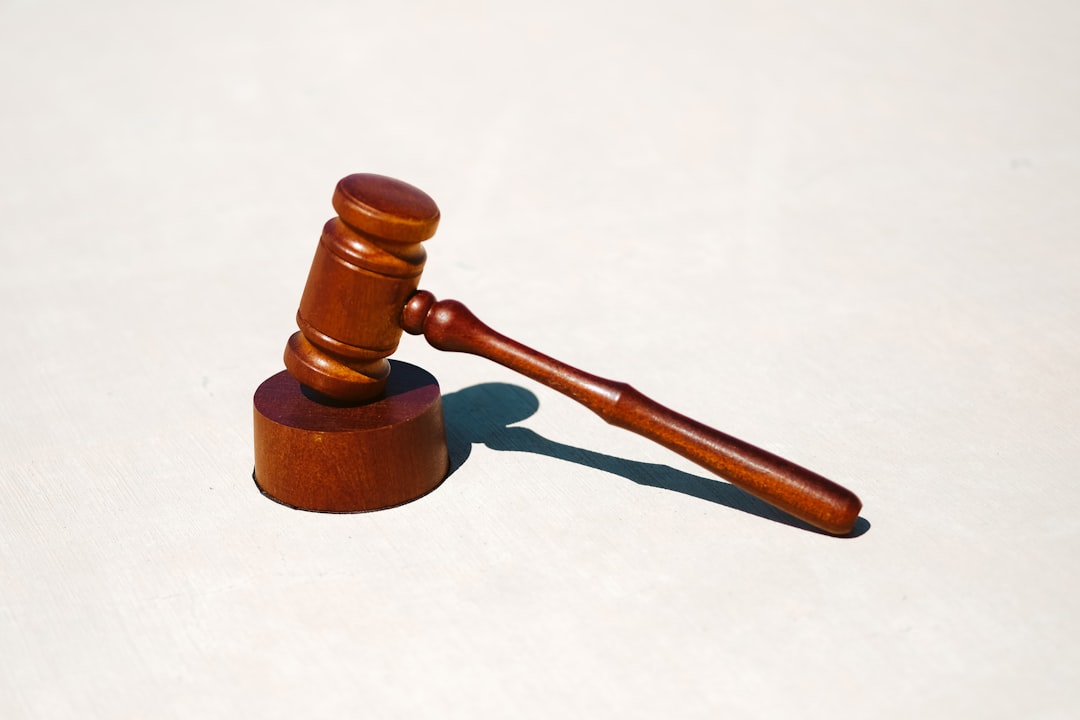In Mississippi, a rape lawyer specializing in legal defense is an indispensable ally for those facing sexual assault charges. Understanding the state’s complex rape laws and defenses is crucial. This article delves into the critical role of a specialized attorney, offering insights on building robust cases and supporting survivors ethically. From deciphering legal nuances to implementing effective strategies, learn how a skilled rape lawyer in Mississippi can navigate this challenging landscape, ensuring fair representation for all clients.
Understanding Mississippi's Rape Laws and Defenses

In Mississippi, rape is defined as sexual penetration achieved through force or coercion—a broad term that includes various acts and circumstances. Understanding the state’s laws is crucial for anyone facing such charges, making a rape lawyer Mississippi an indispensable ally. The legal defense strategy can significantly vary based on factors like consent, the use of force, and the relationship between the accused and victim.
Defenses against rape accusations in Mississippi may include challenging the validity of evidence, questioning witness testimonies, and asserting that any sexual activity was consensual. A skilled rape lawyer Mississippi will employ these strategies and others to protect their client’s rights while navigating the complexities of the legal system. They ensure that every detail is examined, and the law is applied fairly, aiming to achieve the best possible outcome for the accused.
The Role of a Specialized Defense Attorney

A rape lawyer specializing in Mississippi legal defense plays a crucial role in navigating the complex and sensitive nature of sexual assault cases. These attorneys are equipped to handle the unique challenges that arise in such cases, where local laws and cultural nuances can significantly impact the outcome. They possess an in-depth understanding of Mississippi’s criminal justice system, ensuring clients receive skilled representation tailored to their specific needs.
Specialized defense lawyers for rape cases in Mississippi go beyond mere legal expertise. They offer support, advocacy, and guidance to survivors, helping them understand their rights and options while fostering a fair and just process. Their expertise includes knowledge of evidentiary rules, constitutional protections, and potential defenses, enabling them to build robust strategies that protect the interests of their clients.
Building a Strong Case: Strategies for Success

When it comes to building a strong case as a rape lawyer in Mississippi, thorough preparation and a deep understanding of the legal system are key. The first step involves gathering all relevant evidence, including medical records, witness statements, and any digital forensics. A skilled Mississippi rape lawyer will also conduct meticulous interviews with their client to uncover crucial details that can strengthen the defense strategy.
Additionally, leveraging Mississippi’s specific laws and legal precedents is essential. Knowledge of statutory limitations, admissibility rules, and potential challenges from prosecution can help tailor a compelling defense. Presenting a well-structured argument, highlighting inconsistencies in witness testimonies, and questioning the integrity of evidence are strategies employed to achieve a favorable outcome for the accused.
Supporting Survivors: Ethical Considerations

Supporting survivors of sexual assault is a complex and sensitive task, especially for a rape lawyer in Mississippi. Ethical considerations play a pivotal role in ensuring that victims receive justice while maintaining their dignity and well-being. A dedicated rape lawyer understands the profound impact of such crimes on individuals’ lives and aims to provide compassionate legal defense without re-traumatizing them.
In Mississippi, where cases involving sexual violence are prosecuted under strict legal frameworks, a skilled lawyer must navigate these complexities with care. This includes utilizing evidence collection techniques that preserve the integrity of the case while respecting the survivor’s boundaries. Ethical practice also involves maintaining confidentiality, ensuring victim privacy, and fostering an environment of trust to encourage open communication throughout the legal process.






